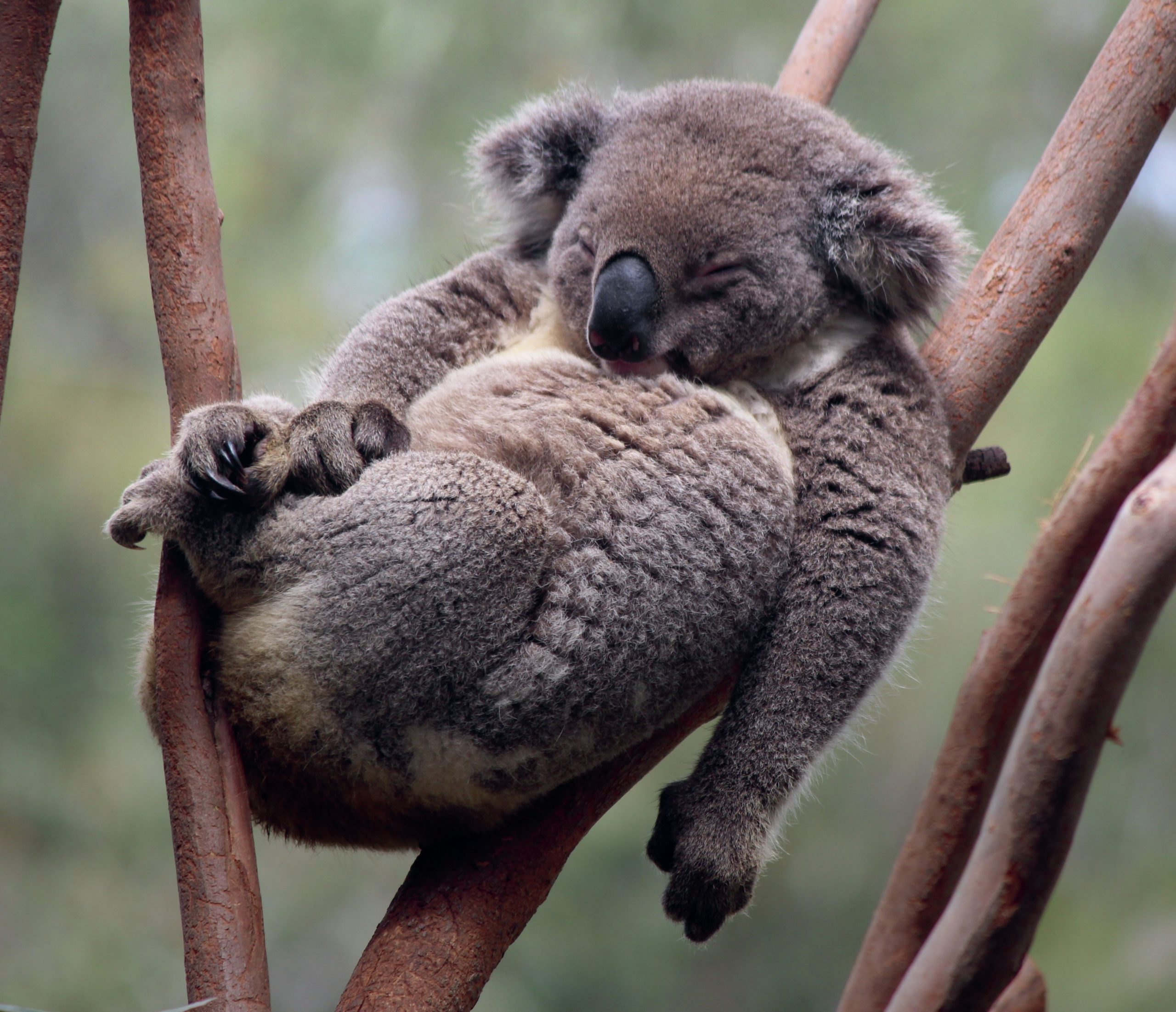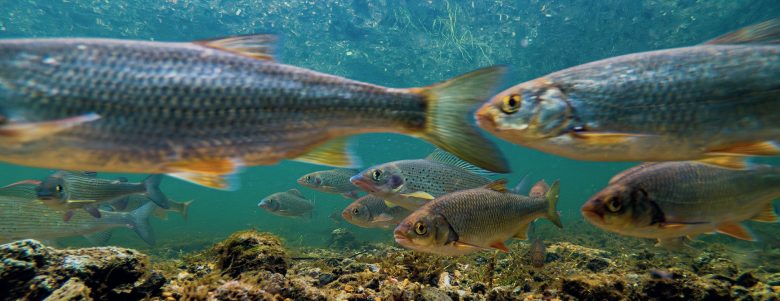
Most of us have a good idea of what it ‘feels’ like to be asleep. There is a loss of consciousness, reduced movement and perhaps the experience of dreaming. But how does sleep differ from the loss of consciousness associated with general anaesthesia or a coma? Does sleep have a function? Do other animals sleep in the same way and for the same reasons that we do?
As far as we know, sleep happens in all animals that have a nervous system – from worms and flies to birds and humans. It is defined as a state in which there is loss of consciousness, decreased responses to sensory stimuli, a general reduction or inhibition of muscle activity and reduced metabolic activity. In humans, the two main phases of sleep are rapid eye movement (REM) and non-REM (NREM or ‘slow wave’). These phases are characterised by specific patterns of electrical activity in the brain (see Box 1).
Your organisation does not have access to this article.
Sign up today to give your students the edge they need to achieve their best grades with subject expertise
Subscribe




